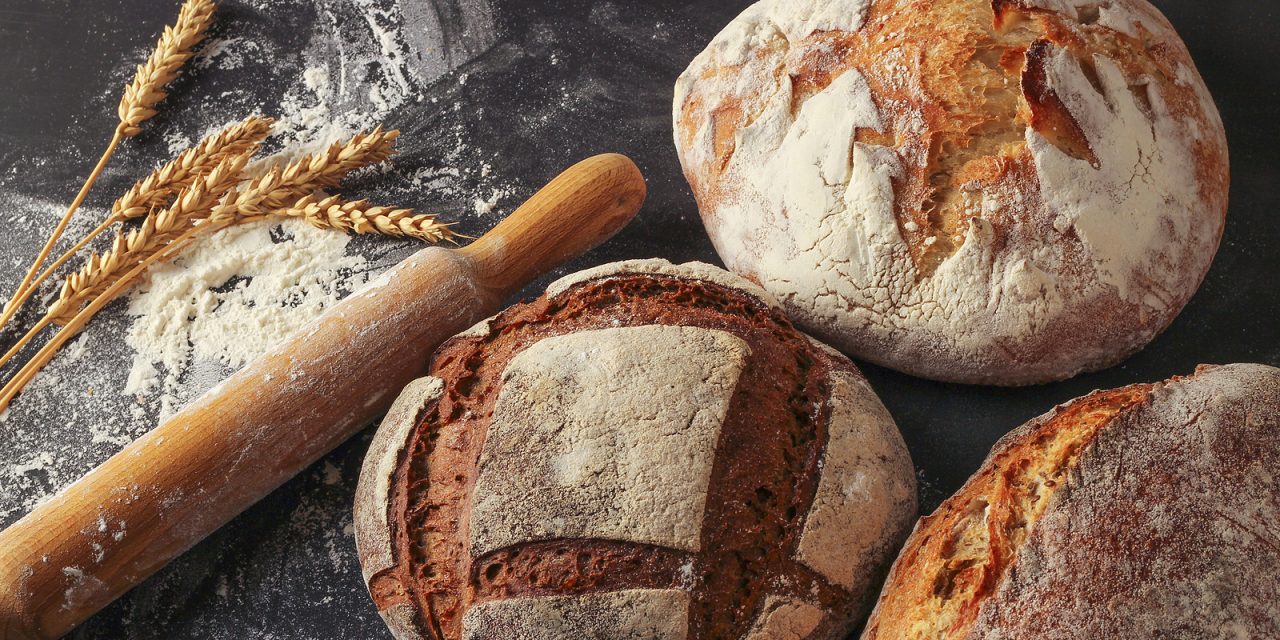Have you ever eaten a delicious berry or tried an herbal remedy and thought, “I wonder who the first person to eat this was and discovered that it was edible and safe?”
After all, each of us are aware that certain plants, berries and seeds are poisonous, so someone had to be the first guinea pig, right? Perhaps you’re like me, and you mill your own flour and have wondered, “Who discovered that we need to crush this grain in order to make delicious loaf bread out of it?”
It’s difficult to imagine, but there was a day when most cultures were agrarian-based, and people lived simply and close to the land. Slow your mind down for just a minute to imagine what their lives and their thinking must have been like.
Instead of running to a fast-food restaurant to grab a sack of burgers before a ballgame, they had time to work with their hands to grow, harvest and prepare their dinner. It must have been laborious and yet rewarding to eat.
They must have had time to notice things like if a certain crop really needed a lot of water or if the red berries on the evergreen bush gave you a stomach ache. It’s amazing what one can observe and learn when all of the “noise” is turned down.
Many years have passed since people in America lived that way. Today, we don’t really have to do anything to obtain our food except walk into a store and buy it. Things are just handed to us. Knowledge has been lost. Processes have been lost. Nutrition has been lost, and freedom has been lost.
So, how did the people of long ago know how to garden, practice herbal medicine and preserve their food?
In Isaiah 28: 23-29 we read a very interesting thought: “Listen and hear my voice, pay attention and hear my words. Does the farmer plow continually to plant seed? Does he continually turn and break up his ground? Does he not level its surface and sow dill and scatter cumin and plant wheat in rows, barley in its place and rye within its area? For his God instructs and teaches him properly. For dill is not threshed with a threshing sledge, nor is the cartwheel driven over cumin; but dill is beaten out with a rod and cumin with a club. Grain for bread is crushed, indeed, he does not continue to thresh it forever because the wheel of his cart and his horses eventually damage it; He does not thresh it longer. This also comes from the Lord of armies, who has made His counsel wonderful and His wisdom great.”
Isn’t that incredible? God, Himself, taught them! The Lord of armies imparts wonderful counsel and great wisdom to people who seek Him and walk in communion with Him. It doesn’t matter if you are gardening, working in the oilfield or raising children; if you are seeking God He will impart knowledge and wisdom to you that will allow you to conduct your work with excellence and discernment. He will counsel you and instruct you and teach you properly, so that you will know things. Your eyes will be opened. He will speak to your spirit and teach you truths that could only come from Him.
And, why does God do these things? Because He loves us, and so that we will bring glory to His name. We have a responsibility, but equally as important, we should have a passion for sharing with others the amazing things that God has done for us!
I’m certain that if God had revealed to me that if I would just crush the wheat instead of using it whole—that I could make a better loaf of bread—I would have followed those instructions. And, if people asked me where I learned this, you better believe that I would share with them the source of my knowledge. Do you see how God goes before us and comes behind us? Do you see how we can give Him the glory, through the ebb and flow of our everyday work?
May God bless you with eyes to see, ears to hear and a heart to care about His instruction, proper teaching, wonderful counsel and great wisdom.






